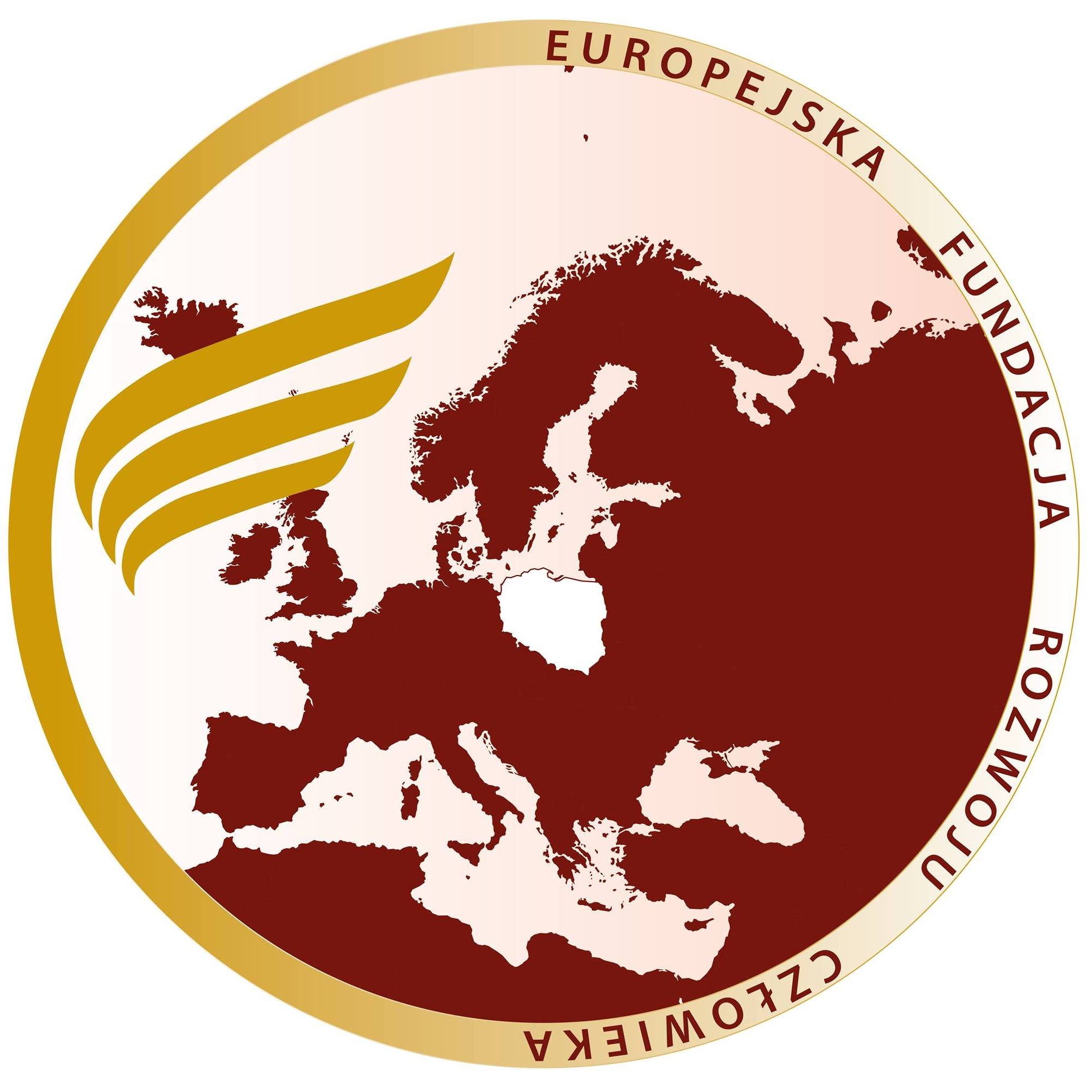
Source: Jiří Jiroutek, 2014
Vaclav Havel was born in Prague on October 5, in 1936. He was a writer, a dramatist as well as a politician of the Czech Republic. He was also an activist for human rights and he fought for the freedom of expression since the Prague Spring, in 1968. After the communism falling, Vaclav Havel became the president of Czechoslovakia between 1989 and 1992 and the Czech Republic between 1993 and 2003.
Havel began his career at a theater company in Prague, in 1959, where he began to write plays. He became a resident dramatist at the Balustrade theatre company in the late 1960s. Havel was an active participant in the Prague Spring, in 1968. As a consequence his plays were censored. Between the 1970s and 1980s, Havel was in jail for several periods because of his activities defending human rights, including an arrest of four years, between 1979 and 1983. In January 1977 the civic inititative for human rights “Charter 77” was published. Vaclav Havel was one of the signatories, co-authors, as well as spokesperson, of that document.
With the end of the communist regime, Havel was named President of the Republic, a position he held between 1989 and 1992. However, the country became divided with the declaration of Slovakia’s Independence and Havel resigned. In January 1993, Havel returned to the Presidency, having been elected by Parliament. During his presidency, between 1993 and 1998, Havel was involved in strengthening civil society and giving help to some Central European countries to became part of NATO as well as part of the European Union. Havel defended minorities’ rights and was against the influence of political parties on society and economy.
Havel, the country’s first President after the Velvet Revolution, passed away on December 18, 2011, at the age of 75.
References
Zantovsky, M. (2014). Havel: A life. Atlantic Books Ltd.
Havel, V. (2008). To the Castle and Back. Granta.
Keane, J. (2001) Vaclav Havel: A Political Tragedy In Six Acts, Hachette Uk.








